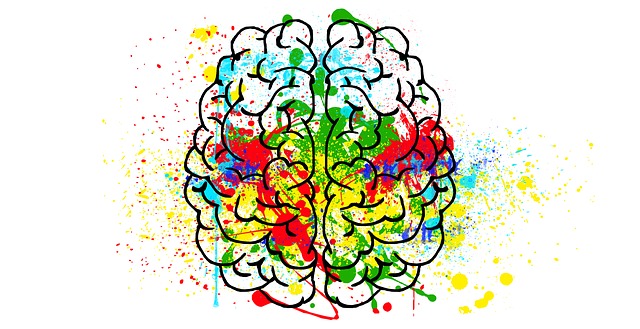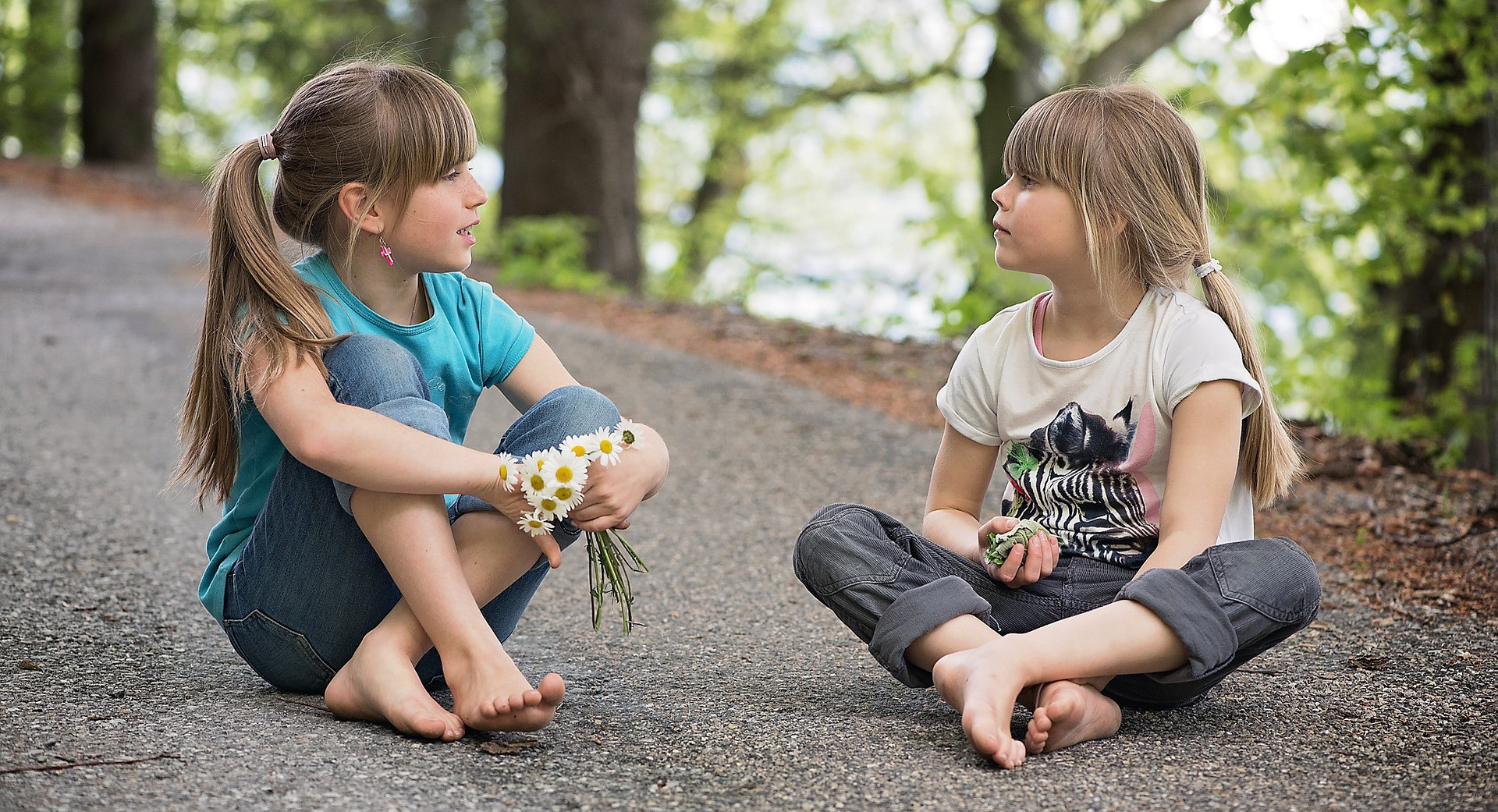Using direct and specific praise to support young people’s emotional well-being
Most of us, regardless of age, light up when we are told something that makes us feel that we are getting it right or doing something well. However, for a minority of non-typically developing children, praise can actually make them feel more uncomfortable and worse...








